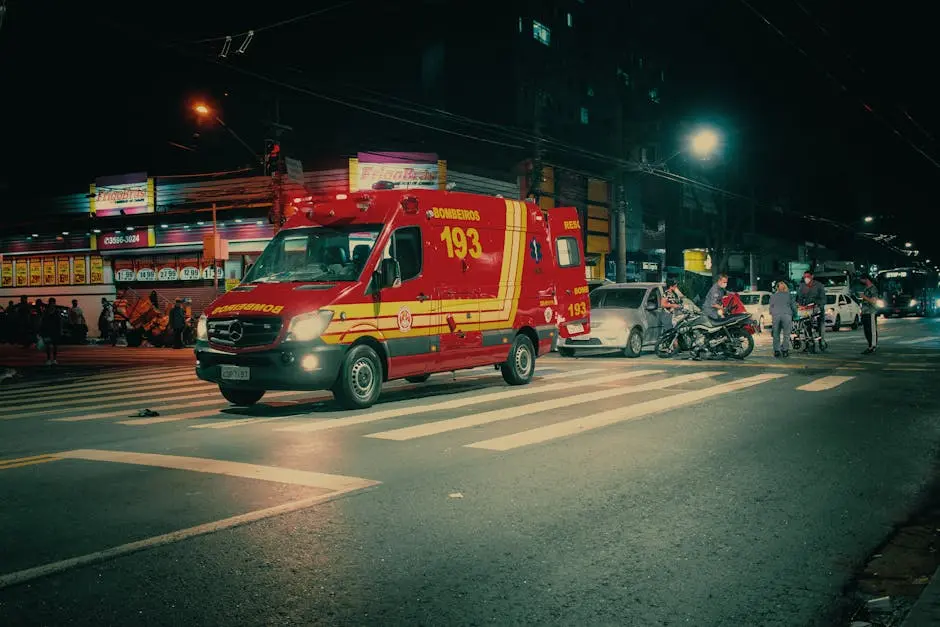Finding yourself in a car accident can be a shocking experience. In the midst of the chaos, it’s easy to make mistakes that can complicate things further. Understanding these common missteps can help you navigate the aftermath more smoothly. In this article, we’re diving into the most frequent mistakes people make after a car accident so you can avoid them and approach the situation with confidence.
Neglecting to Call the Police
After an accident, many people think a police report isn’t necessary, especially if it seems minor. However, having an official record is crucial for insurance claims and legal purposes. Additionally, a police officer’s assessment on the scene can provide an unbiased view of the incident, which might be helpful later.
Even a minor fender bender can escalate into a complex situation. If the other party involved in the accident decides to claim injuries later, having a police report can protect you. It not only documents what happened, but also who was involved. So remember, it’s always better to err on the side of caution.
Failing to Gather Evidence
In the heat of the moment, it’s easy to forget to take pictures of the scene or gather information from witnesses. These details can be key in establishing fault and supporting your case down the line. Photos of vehicle damage, intersections, and street signs all contribute to a clearer picture of the accident.
Moreover, witness statements can be invaluable. If bystanders saw the crash, their accounts may help corroborate your version of events. Ideally, you should document names and contact information for any witnesses. This evidence is essential; it helps build a stronger case and ensures that you are not at a disadvantage when dealing with insurance companies.
Not Seeking Medical Attention
Even if you feel fine, it’s vital to get checked out by a healthcare professional. Some injuries aren’t immediately apparent, and neglecting them can affect your health and any potential claims. Adrenaline often masks pain, making it easy to overlook serious injuries.
Additionally, having a medical record establishes a timeline of your injuries, which is important when pursuing compensation. Do not ignore symptoms like headaches or neck soreness that may arise hours or days after the accident. Seeking medical attention promptly not only aids in your recovery but also strengthens your case should you decide to seek reparations.
Admitting Fault Too Early
It can be tempting to apologize or admit fault right after an accident, even if you’re unsure of what truly happened. Such statements can come back to haunt you when seeking compensation. What seems like a gesture of goodwill could be used against you in the claims process.
It’s crucial to remember that fault is not always clear-cut. Circumstances may be related to factors beyond your control, and acknowledging guilt too early can complicate matters. Instead, focus on exchanging information and allowing the authorities, as well as insurance companies, to handle the fault determination.
Delaying Filing Insurance Claims
Time is of the essence when it comes to filing a claim. Delaying can lead to complications or even denial of your claim. It’s important to act promptly to protect your rights. Insurance policies typically have specific timelines for reporting accidents, and time doesn’t work in your favor when trying to gather necessary documentation.
Don’t let the fear of dealing with insurance processes hold you back. Instead, take a proactive approach. Contact your insurance company as soon as possible to initiate your claim. Not only does this safeguard your interests, but it also ensures that you can start the recovery process sooner rather than later.


